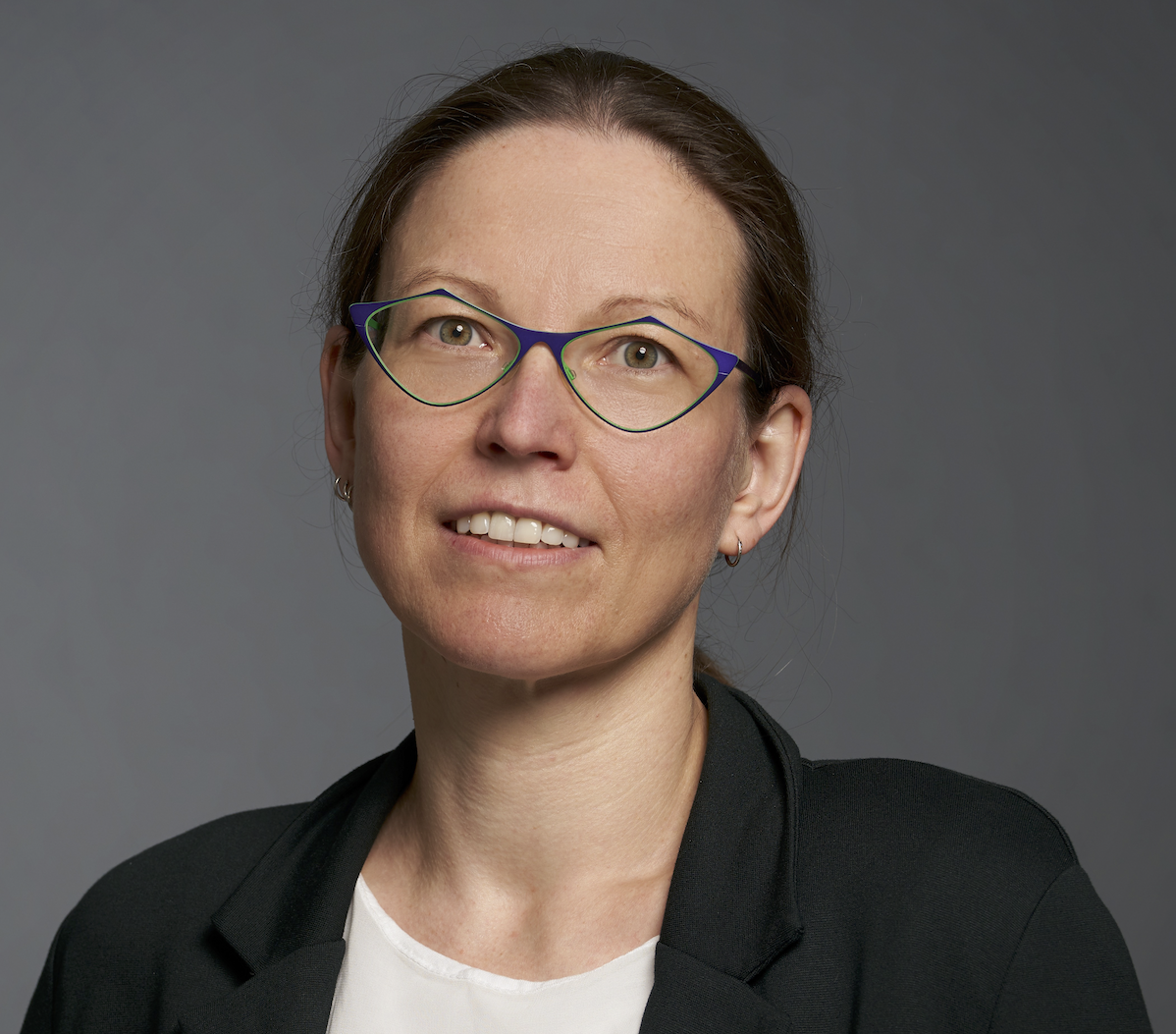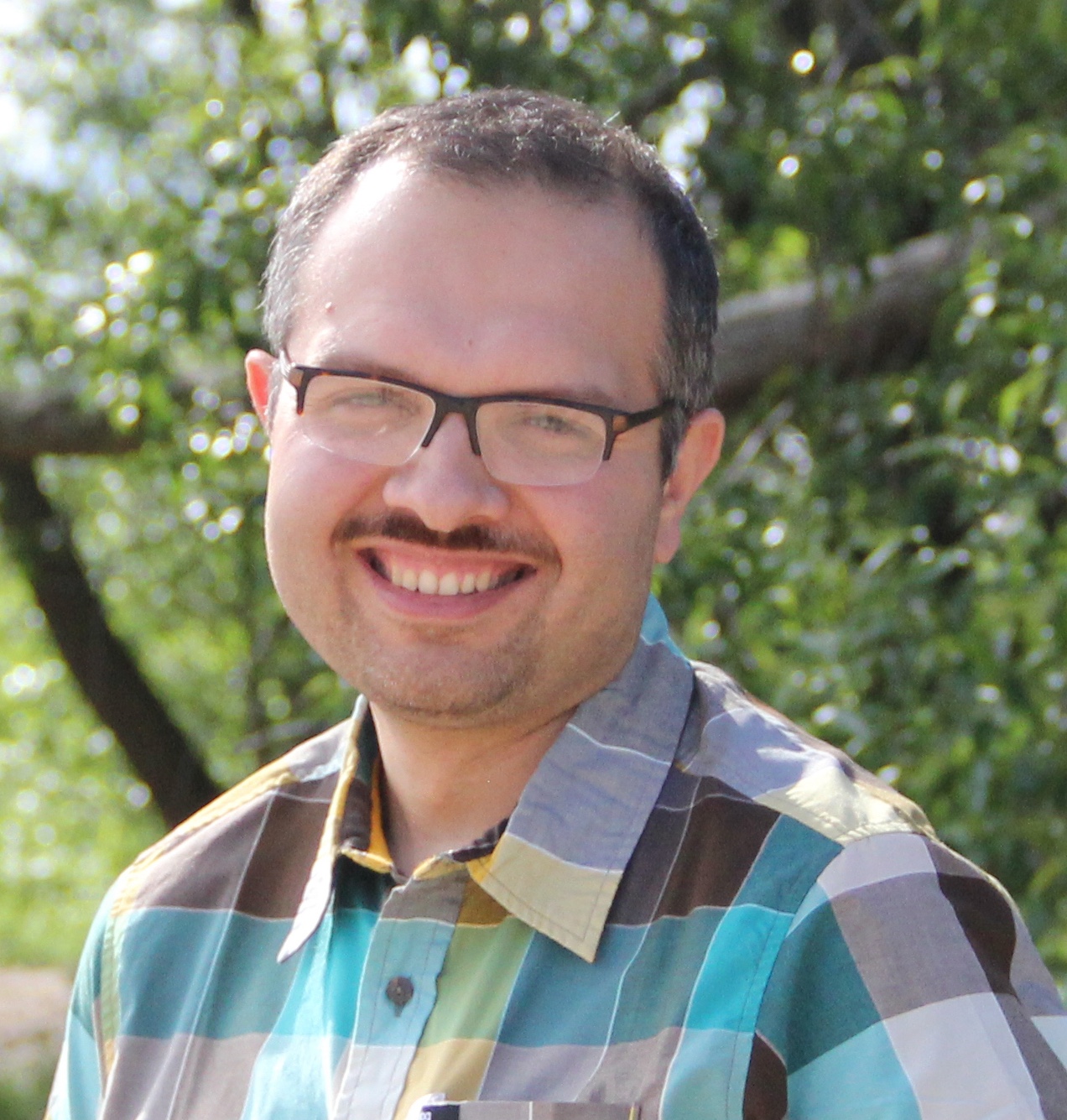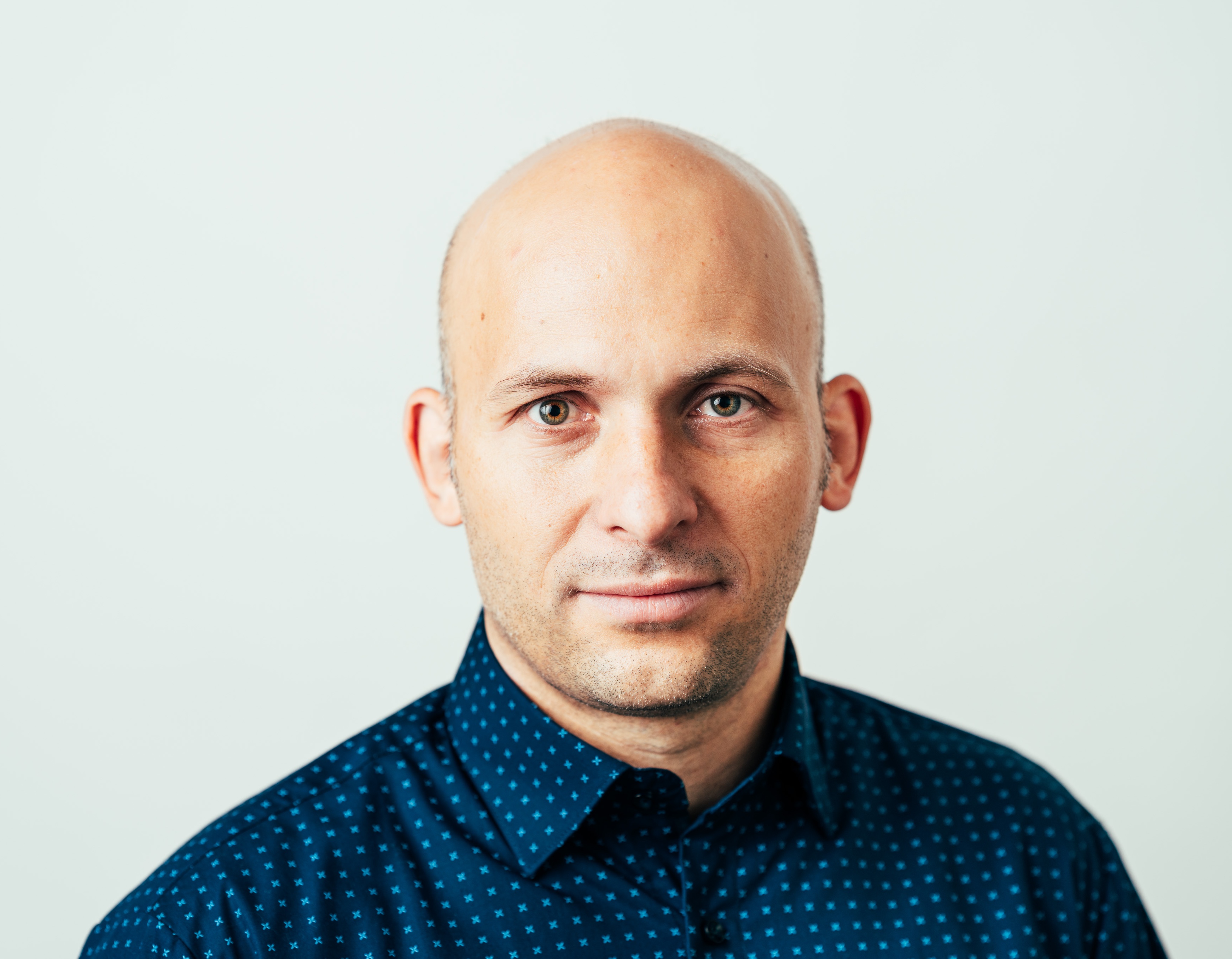at ETAPS 2024 (https://etaps.org/), 6-11 April, 2023 (one day). Luxembourg City, Luxembourg
The goal of this workshop is to discuss challenges in the development of autonomous systems in open environments (robotics systems), for example in underwater or service robots. Autonomy is understood broadly and refers to:
- Mission Planning and decision-making
- Navigation, path planning, control
- Adaptive control, deep control
- Learning, Active Learning, Reinforcement Learning
- Perception (object recognition, object tracking, pose estimation, localization, mapping)
- Etc.
The focus of the workshop is to discuss methods that support quality assurance for the above kind of systems, including verification, specification, testing, test data generation, etc.
The REMARO event aims at bringing domain aspects of software development for autonomous robots acting in open environments to the ETAPS community as the domain of interest.
Important Dates
Submission Deadline: January 23 February 15
Notification for Authors: March 1
Camera ready: March 15
Submissions and Proceedings
The papers will be peer reviewed. We will publish the proceedings on arxiv.org as a volume of proceedings.
The speakers can decide whether their paper is to be included in the proceedings. Three options are available: (1) a full paper for the workshop proceedings, at most 6 pages excluding references, (2) a 1-page length abstract (excluding references) to be included in the proceedings, or (3) a talk proposal not to be included in the proceedings.
Full paper submissions and abstracts should be formatted following the CEURART LaTeX template linked here.
The talk proposals (option number 3) can be sent in any format and size. The talk proposals will be assessed for fitness for the workshop, and no written review will be provided for them.
Please, use to following link for submissions: https://easychair.org/conferences/?conf=remaro2024
Please see the registration and travel information in ETAPS website: https://etaps.org/
Workshop Program: The talks are planned 15 minutes long plus 5 minutes discussion. The location is at the ETAPS main venue Parc Hotel Alvisse, room Echternach
Workshop Opening (8:45-9:00)
Session 1 (9:00-10:00 )
Invited talk: Scenario-Based Engineering of Reliable Cognitive Robots
by Nico Hochgeschwender
coffee break (10:00-10:30)
Session 2 (10:30-12:30 )
Invited talk: Doping Detection in Autonomous Systems
by Mohammad Reza Mousavi
- The interaction of certification and monitoring for perception systems of autonomous systems
Rüdiger Ehlers - Combining model-based development and formal verification of a complex ROS2 multi-robots system using Timed Rebeca
Hiep Hong Trinh, Marjan Sirjani, Fereidoun Moradi, Antonio Cicchetti and Federico Ciccozzi - ROBUST: 221 Bugs in the Robot Operating System
Andrzej Wasowsk
Lunch (12:30-14:00)
Session 3 (14:00-16:00)
Invited talk: Combinatorial Scenario Generation for Scenario-based Testing of Autonomous Driving Functions
by Ina Schaefer
- Knowledge Distillation in YOLOX-ViT for Side-Scan Sonar Object Detection
Martin Aubard, László Antal, Ana Madureira and Erika Ábrahám - Adaptive Decision-Making Autonomy in Search and Target Missions by a Swarm of Underwater Drones
Loïca Avanthey and Uli Fahrenberg
- Programming and reasoning about autonomous software with semantic reflection
Einar Broch Johnsen
coffee break (16:00-16:30)
Session 4 (16:30-18:00)
- Combining Ontologies and Family-Based Modelling for Formal Analysis of Configurable Robots
Tobias John and Juliane Päßler - Reliable Plan Selection with Quantified Risk-Sensitivity
Mahya Mohammadi Kashani, Tobias John, Jeremy Coffelt, Einar Broch Johnsen and Andrzej Wasowski - Self-learned Qualitative Models for Flexible and Reliable Autonomous Robots
Jan Lemeire, Ivan Bratko, Marco Van Cleemput, Domen Soberl, Ruben Spolmink and Jure Zabkar
Closing
Program Committee
Ana Cavalcanti, University of York, United Kingdom
Yasser Shoukry, University of California, Irvine, United States
Martin Leucker, University of Luebeck, Germany
Marie Farrell, The University of Manchester, United Kingdom
Bilal Wehbe, DFKI – Robotic Innovation Center, Germany
Mohammad Reza Mousavi, King’s College London, United Kingdom
Leonardo Mariani, University of Milano Bicocca, Italy
Panagiotis Katsaros, Aristotle University of Thessaloniki, Greece
Andrzej Wąsowski, IT University of Copenhagen, Denmark
Einar Broch Johnsen, University of Oslo, Norway
Program Committee Chairs
Mahsa Varshosaz, IT University of Copenhagen, Denmark
Jeremy Coffelt, University of Bremen and ROSEN Research and Technology, Germany
Invited Speakers

Ina Schaefer is Professor of Software Engineering at the Karlsruhe Institute of Technology, Germany. From 2012 to 2022 she was Professor of Software Engineering and Automotive Informatics at the TU Braunschweig, Germany. For her PhD from TU Kaiserslautern in 2008, she worked on the model-based verification of adaptive automotive systems. Today, her research focus is the integration of formal methods into software development through correctness-by-construction engineering, as well as the quality assurance and analysis of variant-rich evolving software systems, especially in the automotive domain. Ina Schaefer is co-chair of the Expert Group “Transformation of the Automotive Industry” at the German Federal Ministry for Economics and Climate Action (BMWK) as well as Head of the Mobility Laboratory of the KASTEL Security Research Labs at KIT.
Talk title: Combinatorial Scenario Generation for Scenario-based Testing of Autonomous Driving Functions
Abstract: The SOTIF standard (ISO 21449) establishes scenario-based testing as state-of-the-art to verify and validate Advanced Driver Assistance Systems (ADAS) and Automated Driving Systems (ADS) in the automotive context. According to SOTIF, scenarios need to cover the space of possible scenarios and simultaneously be hazardous as in triggering hazardous behaviours of the system under test. However, SOTIF does not specify concrete techniques to practically generate scenarios for scenario-based testing. In this keynote, we focus on a concept for generating scenario suites that comply with both requirements of the SOTIF-standard. The key enabler to generate scenarios that cover a scenario space are variability modeling techniques that we adapt from software product line engineering. We model an overall scenario space by feature models and use sampling strategies to systematically select a representative subset (i.e., a scenario suite). Combined with parameter sampling, generated scenarios become hazardous and, thus, comply with the first and second requirement of the SOTIF-standard. We assess generated scenarios suites with mutation testing.

Mohammad Mousavi is a professor of Software Engineering at King’s College London. Mohammad obtained his PhD from Eindhoven University of Technology, The Netherlands. Prior to joining King’s in 2021, he held positions at Reykjavik University, Eindhoven University of Technology, Delft University of Technology, Halmstad University, Chalmers University of Technology, and the University of Leicester. His research interests include Software Testing, Autonomous and Cyber-Physical Systems, Quantum Software Engineering and Software Product Lines.
Talk title: Doping Detection in Autonomous Systems
Abstract: The talk will start with a broad overview of our research philosophy on trust in autonomous systems. We will review some of the ongoing projects at our group in this context. Subsequently, we present a novel notion of doping cleanness for cyber-physical systems. This notion allows for perturbing the inputs and observing the perturbed outputs both in the time- and value-domains. We instantiate our definition using existing techniques for conformance testing and runtime monitoring for cyber-physical systems. We show that our generalised definitions are essential in a data-driven method for doping detection and apply our definitions to a case study concerning diesel emission tests. We report on the doping detection results on the NOx emission of a particular diesel vehicle.
The talk is based on joint work with the following people: Sebastian Biewer (Saarland University), Rayna Dimitrova (CISPA Saarbrücken), Michael Fris (Automotive Powertrain HTW Saar), Maciej Gazda (University of Sheffield), Thomas Heinze (Automotive Powertrain HTW Saar), and Holger Hermanns (Saarland University).

Nico Hochgeschwender is Full Professor for Software Engineering for
Cognitive Robots and Systems at University of Bremen. His research interests lie at the intersection of AI-enabled Robotics and Software
Engineering with a focus on assuring dependability, transparency and explainability of robotics and autonomous systems, benchmarking and performance evaluation, and domain-specific modelling and languages for robotics. He holds a PhD degree from the University of Luxembourg, he is Co-Chair of the IEEE RAS Technical Committee on Software Engineering for Robotics and Automation, and he is currently PI of three EU-funded research projects, namely SESAME (Safe and Secure Multi-Robot Systems), METRICS (Metrological evaluation and testing of robots in international competitions), and SOPRANO (Socially-Acceptable and Trustworthy Human-Robot Teaming for Agile Industries).
Talk title: Scenario-Based Engineering of Reliable Cognitive Robots
Abstract: The wider adoption of cognitive robots capable of physically interacting with their environment, collaborating with humans and other agents, and performing a variety of tasks autonomously in open-ended environments depends on the perceived trust of various stakeholders (e.g., engineers, users, and regulators) in the dependable and ethical nature of the systems. However, developers face unprecedented engineering challenges caused by the intrinsic characteristics of cognitive robots, such as their enormous design space, challenging and uncertain operating conditions, and the demand to recover and learn quickly from failures. The construction and responsible deployment of cognitive robots remains a key challenge, calling for novel concepts, methods, and tools that consider the complete life cycle of cognitive robots in both real and virtual worlds. In this talk, I present my group’s contributions to automating the engineering of robot software systems by combining foundational and applied research, often in collaboration with the industry. I introduce the concept of scenarios as a way to enable developers to capture and express knowledge and assumptions regarding robot tasks, platforms, and environments explicitly and formally in the form of domain models. Previously, these models were considered as a way to support humans during the software design process, and I will show how scenarios can be exploited for various testing activities (e.g., simulation-based testing, standard conformance test, and adversarial testing), as well as for synthesizing control architectures. It is argued that scenarios should be used throughout the complete lifecycle of autonomous robots to ensure their safety, robustness, and transparency. I also present preliminary findings on how scenarios can be exploited by robots themselves for the sake of autonomously adapting their software to the various and changing runtime requirements induced by the robot’s task or environment.
Organizers
Erika Abraham, RWTH Aachen, Germany, abraham@informatik.rwth-aachen.de
Einar Broch Johnsen, University of Oslo, Norway, einarj@ifi.uio.no
Manuel Mazo Espinosa, TU Delft, Netherlands, m.mazo@tudelft.nl
Silvia Lizeth Tapia Tarifa, University of Oslo, Norway, sltarifa@ifi.uio.no
Mahsa Varshosaz, IT University of Copenhagen, Denmark, mahv@itu.dk
Andrzej Wąsowski, IT University of Copenhagen, Denmark, wasowski@itu.dk
Sponsorship
This workshop is sponsored by the REMARO project, which has received funding from the European Union’s EU Framework Programme for Research and Innovation Horizon 2020 under Grant Agreement No 956200
 REMARO REMARO
REMARO REMARO
